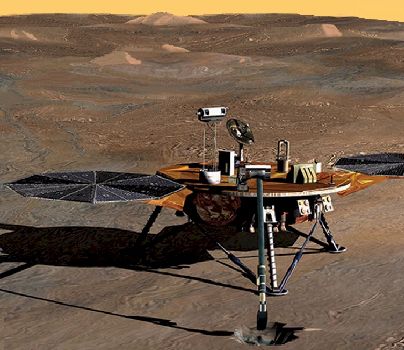Research Projects
Fundamental and applied research into a wide variety of fluid flows.
Ex Vivo Heart Perfusion (EVHP)
A method called ex vivo heart perfusion (EVHP) enables the use of damaged donor hearts by preserving the heart's beating function outside the body from the time of donation until transplantation. This work is concerned with the effect of compliance on downstream velocity fields and overall system performance under both Newtonian and non-Newtonian regimes.
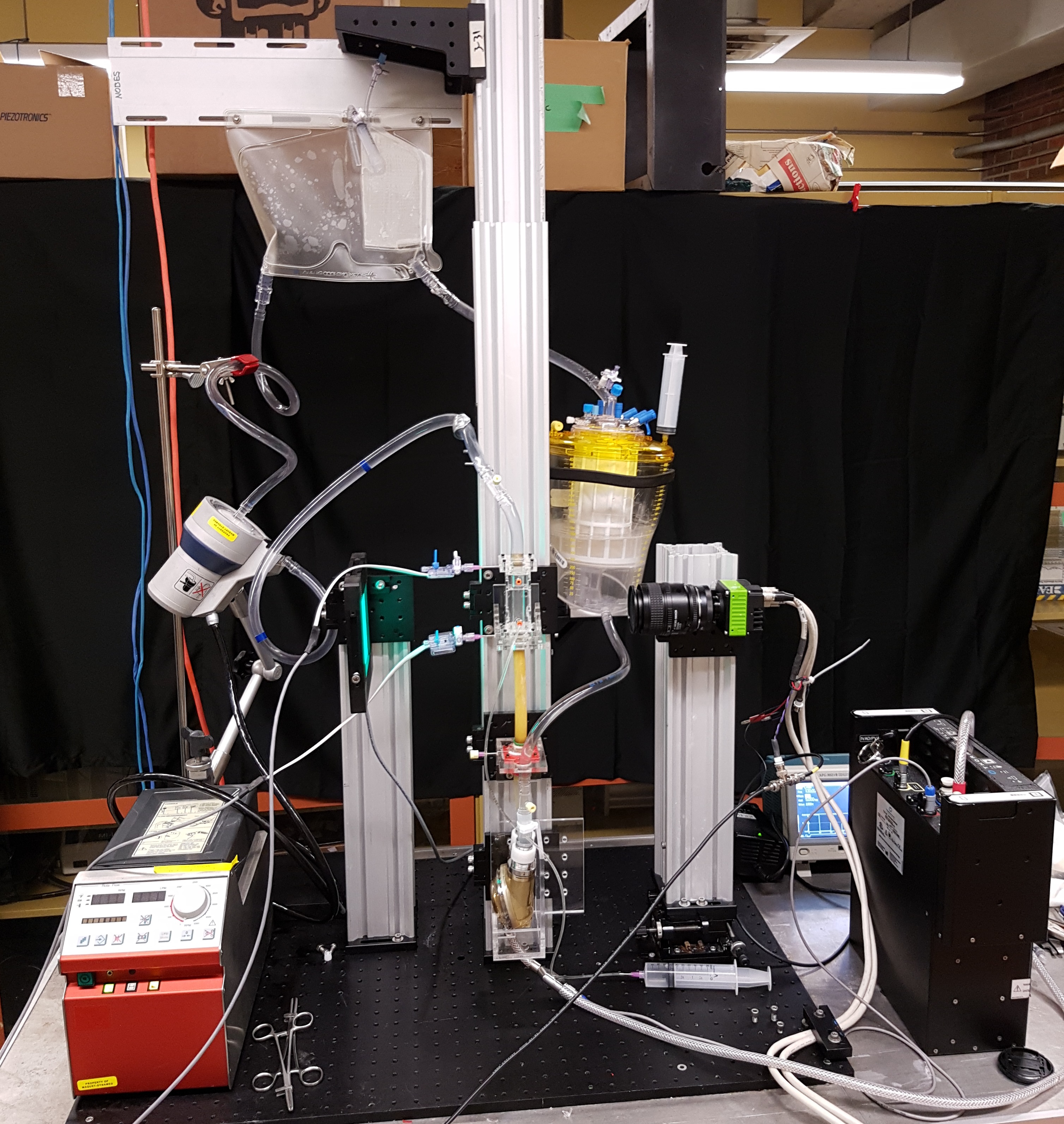
SHADOWGRAPH IMAGING OF MICRO-CHANNEL SLOTS
Determining the rheology of the fluid based on the velocity profile from PIV measurements for flow through a long mini channel.
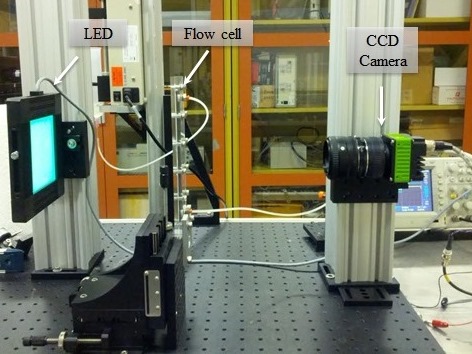
LARGE SCALE STRUCTURES IN FLOWS
Transport and mixing can be dramatically affected by the presence of large scale flow structures. This work investigates these flow phenomenon, ways to enhance or remove and methods to control the structures.
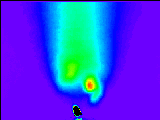
MICRO FLUIDICS
This work develops novel measurement systems for investigating fluid mixing and transport in micro-channels. Custom epi-illumination camera systems are constructed to investigate particular phenomenon. Design and development as well as research into micro-fluidic phenomenon is conducted in this area.
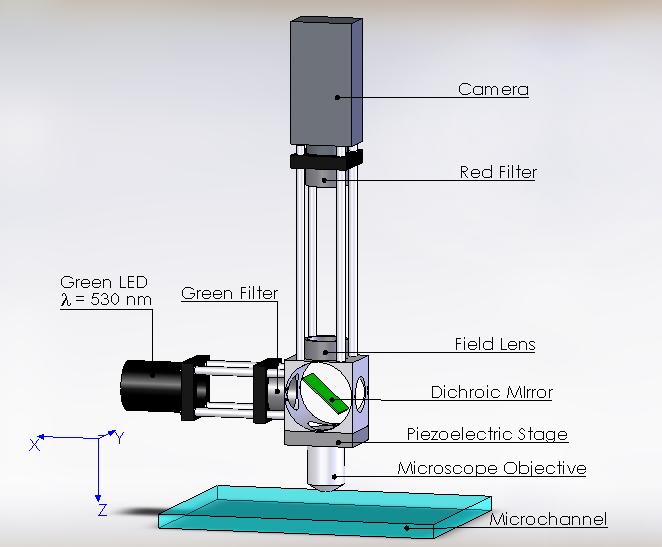
SPRAYS
Current work is investigating the use of gas injection in the formation of bubbles into a fluid flow to generate and effervencent spray. Imaging techniques are used to allow drop size, shape and velocity to be determined.

OIL SANDS RELATED
Oil sand mining and processing are important activities in Alberta and across Canada. Research project investigating new and novel methods for oil sand extraction and processing are currently underway.
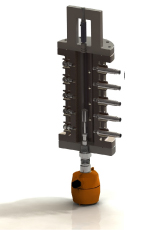
ORTHODONTICS
Imaging techniques are being used to investigate the interaction of the othodontic wire and bracket. An imaging and load measurement device has been custom developed for this research.
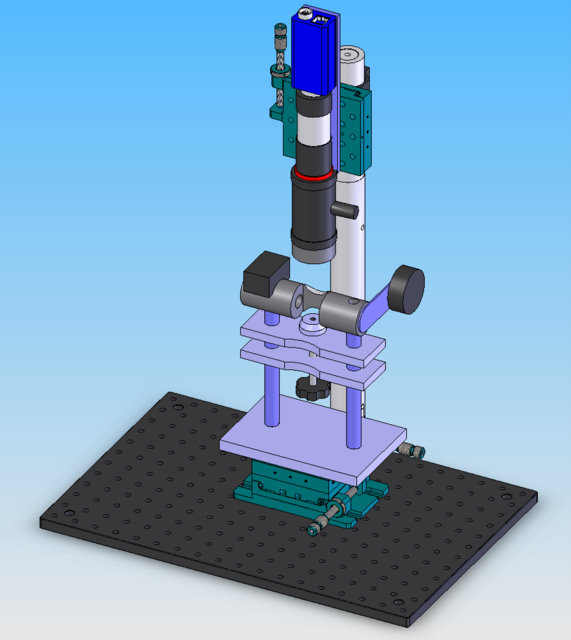
ACTIVE CONTROL
The aim of this area is to investigate methods for actively controlling a fluid transport or mixing process.
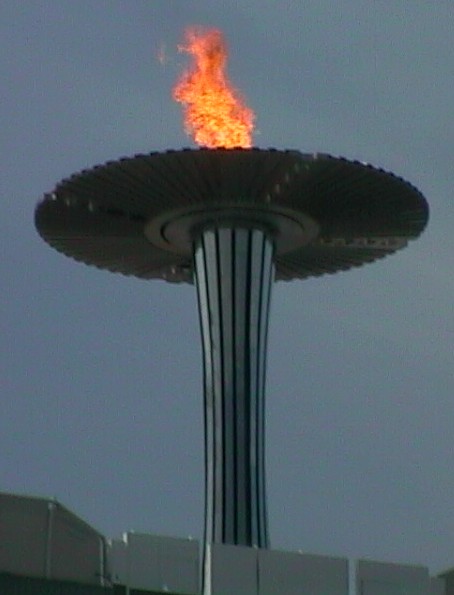
MARS LANDER PROJECT
Over the summer of 2012, Drs. Carlos F. Lange and David S. Nobes gave the summer undergraduate research assistants the opportunity to work on a project involving the Phoenix Mars Lander. This was a fluid flow experiment designed to fine-tune the temperature and wind measurement of the Lander depending on the position of its robotic arm.
